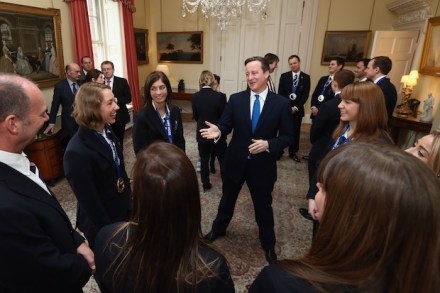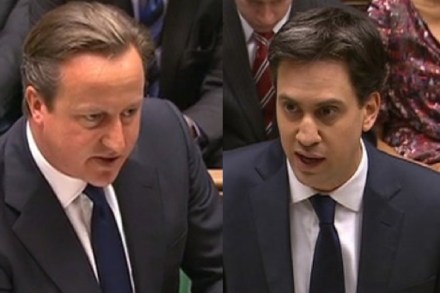Tory MPs dismiss minority govt hints as lacking ‘solid logic’
While Number 10 is pouring cold water on suggestions that the Prime Minister might rule out a second coalition in the 2015 manifesto, his MPs have given it a rather icy reception. If the hints about him preferring a minority government to governing with the Lib Dems were supposed to reassure those on the Right that he does love them more than he loves Nick Clegg, they seem to have backfired rather. Instead, Conservative MPs I’ve spoken to today are annoyed for a variety of reasons. The first is that backbenchers feel any plan to rule out a coalition in the manifesto is counterproductive. It’s worth noting that Number 10





















